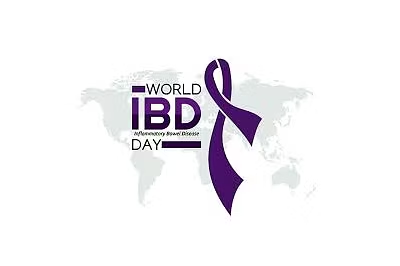New Mother: Health Challenges!
- 15 May, 2025

Welcoming motherhood is a life-changing experience—one that is joyous, emotional, overwhelming, and, at times, a deeply challenging phase. While much of the attention is directed toward the newborn, the mother’s health—both physical and emotional— often goes unnoticed and poorly cared for. With changing times and fast lifestyles in urban India new mothers are caught between career expectations, family and societal pressure, as well as taking care of the newborn. In such times, their own health is often ignored. New moms face a unique blend of physiological, psychological, and social challenges. Let us understand the key health issues affecting new mothers and look into practical and helpful solutions.
Introduction: The Journey of New Mothers:
Postpartum health is more than physical recovery from childbirth—it’s a time of immense hormonal changes, sleep deprivation, emotional upheaval, and adjustment to a completely new identity. Doctors often refer to this phase as the fourth trimester, and feel that it is a critical window for the mother’s recovery. Unfortunately, many women in India do not receive adequate postpartum care, especially after hospital discharge. According to the World Health Organization, complications after childbirth are one of the leading causes of maternal mortality—and many of these are preventable.
Common Postpartum Health Issues:
While the experience of childbirth varies, several health issues tend to occur frequently in the postpartum phase. These include:
- Vaginal and Incision Pain: Vaginal tears or episiotomy from normal delivery can result in pain that lasts several weeks. Women who undergo C-sections also deal with incision site pain and limited mobility.
- Pain and Engorgement of Breasts: In this condition, women complain of breasts being engorged, hard, or painful as the milk supply readjusts. Poor latch can also cause cracked nipples and mastitis.
- Incontinence of Urine: Women after delivery often suffer from weakening of pelvic floor muscles. This may lead to urine leakage, particularly on coughing or sneezing.
- Pelvic Organ Prolapse: A few women might experience a bulge or pressure because of the uterus, bladder, or rectum moving downward.
- Infections: Postpartum infections can occur in the uterus, incisions, or urinary tract. Fever, strange discharge, or pain in the belly might mean infection.
- Excessive Fatigue: Caring for the newborn is tiring—especially with unpredictable feeding schedules. Lack of sleep interferes with emotional and physical function.
Latest Posts
World Inflammatory Bowel Disease Day 2025
- 19 May, 2025
Vitamin E For Hair Care
- 18 May, 2025
New Mother: Health Challenges!
- 15 May, 2025


